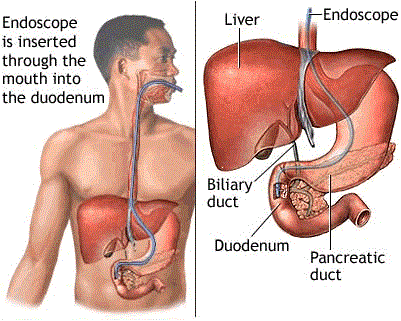Liver Transplant
Liver transplantation is the second most common type of organ transplantation procedure. It is the only option for people whose liver no longer functions. A whole liver can be obtained only from a person who has died, but a living donor can provide a part of the liver. A donated liver can be stored for up to 18 hours.
Other complications
Some complications of liver transplantation can occur within 2 months. For example, the liver may malfunction, blood clots may block blood vessels to or from the liver, or bile may leak out of the bile ducts. Complications that occur soon after transplantation typically cause fever, low blood pressure, and abnormal results on tests to evaluate liver function.
Later, the most common complication is scarring and narrowing of the bile ducts. This disorder can cause jaundice, dark urine, light-colored stools, and itchiness all over the body. Sometimes the narrowed ducts can be reopened, but often, another transplant is required.
People whose liver has been destroyed by alcoholism can receive a transplant if they stop drinking. Liver transplantation is also done for some people who have liver cancer that is not too far advanced.

